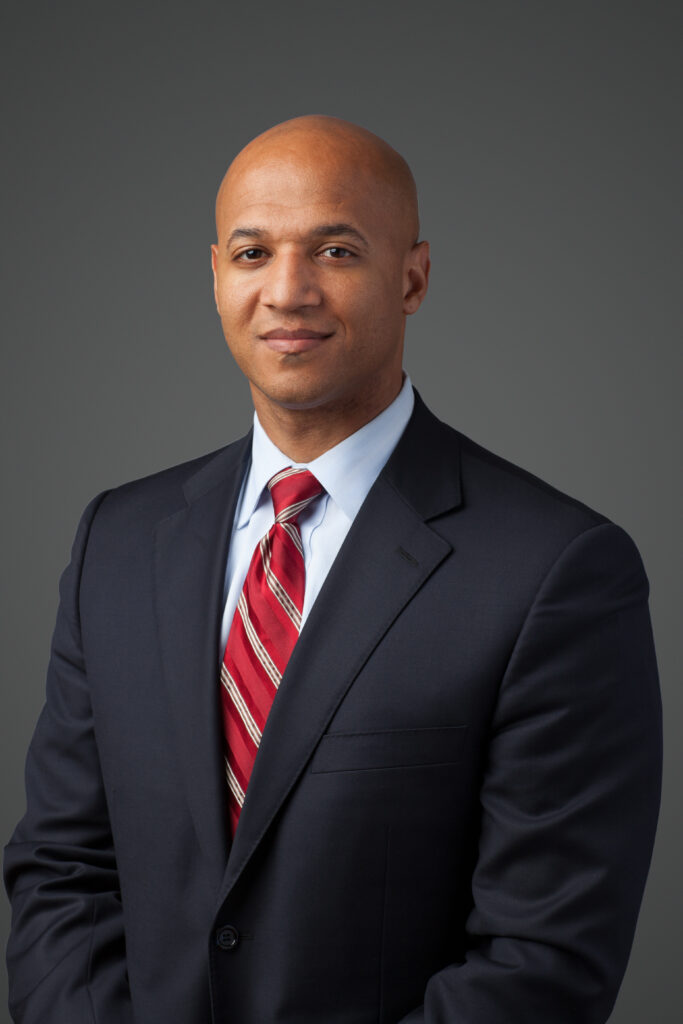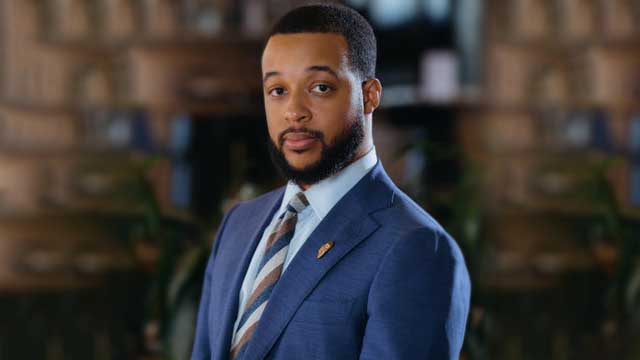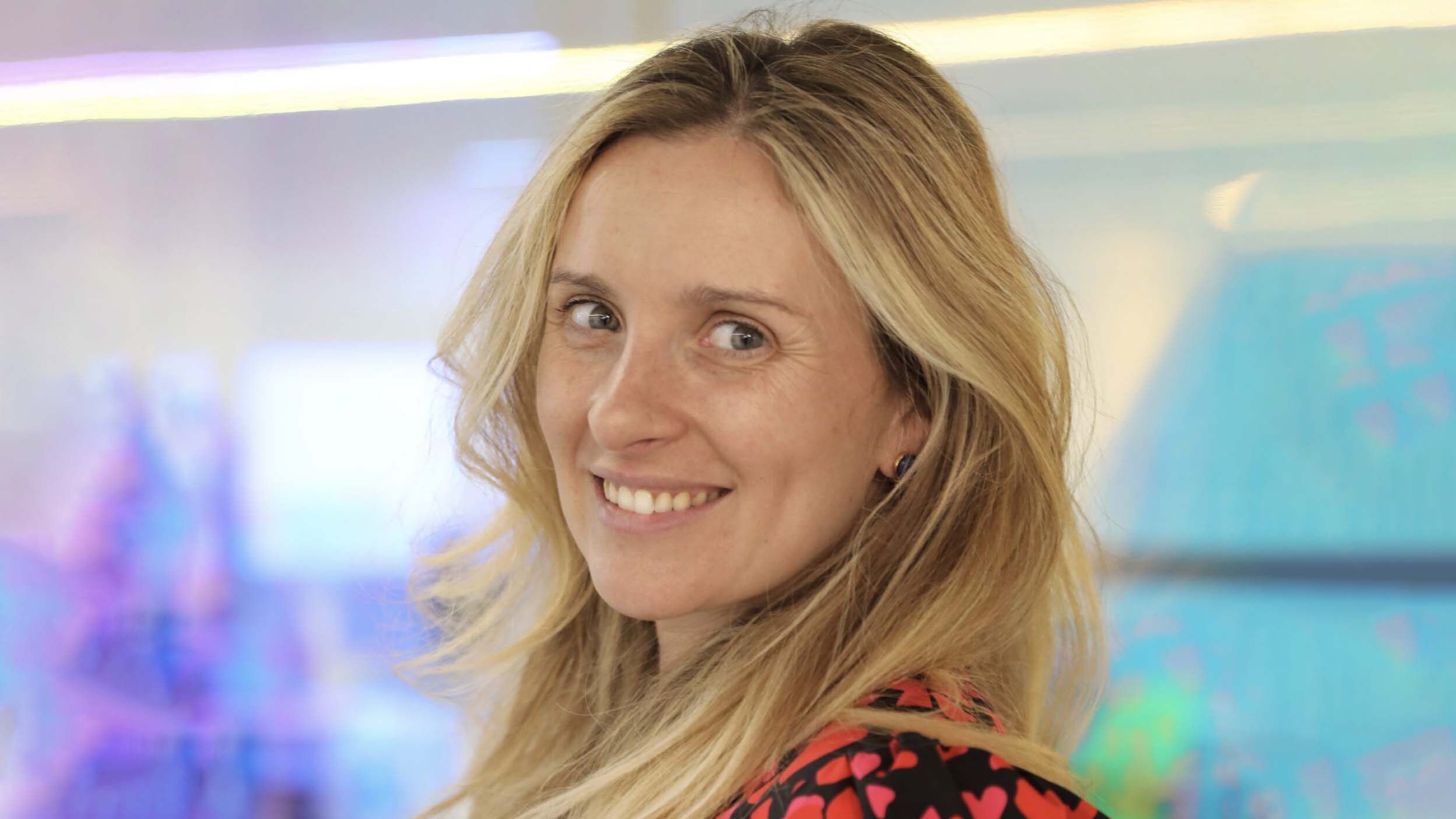April 28, 2021
On Tuesday, November 2, 2021, voters in Boston will select the city’s next mayor. The former Mayor, Marty Walsh, resigned on March 22, 2021 to become Secretary of Labor in the Biden administration. Kim Janey, president of the Boston City Council, became acting mayor upon Walsh’s departure.
Several people have announced candidacies, which means that a September primary will precede the November general election. Declared candidates include John Barros, Andrea Campbell, Annissa Essaibi George, Kim Janey, John Santiago, and Michelle Wu.
Boston’s innovation ecosystem has clear and well-known strengths. Government encouragement of this area has usually come from the state, rather than the city. But the next mayor could do much to make Boston a bigger draw for entrepreneurial talent (and the jobs that follow it), to better integrate the city’s entrepreneurs into the business community, and to raise the visibility of certain key sectors on the national and global stage.
I was curious about how the candidates are thinking (or not) about steps they could take as mayor to strengthen the innovation economy in Boston. So, I approached several of the declared candidates on using data and digital technology to improve city services (“Smart Cities”) and on providing support to those who are advancing our innovation ecosystem (including the local fintech ecosystem—which is larger than many realize.) John Barros shared these thought.

John Barros was appointed as Boston’s first Chief of Economic Development in 2014, where he oversaw programs to help businesses grow while fostering economic inclusion and equity. Working alongside Mayor Marty Walsh, John added 140,000 new jobs, while also investing millions of dollars in job training for local residents. John led the City’s efforts to save small businesses and support their employees during COVID-19, directing more than $20 million to local businesses in the form of direct grants and fees waived.
Prior to his service in City Hall, John served for 13 years as executive director of Dudley Street Neighborhood Initiative (DSNI)/Dudley Neighbors, Inc., the largest urban community land trust in the country. Working with community partners, DSNI developed new community centers and created open spaces and parks. It opened schools, commercial property, and built permanently affordable housing, making tremendous strides toward neighborhood revitalization and community wealth creation.
A lifelong resident of Boston and the son of parents who emigrated from Cabo Verde to Boston, John lives with his wife Tchintcia and their four children in Dorchester.
Q. What are the biggest technology challenges facing the city and the next mayor?
A. One of the next great frontiers is closing the digital divide. We need to ensure that everyone in our community has access to reliable, high-speed internet. It’s vitally important for our young peoples’ development, and it’s important for our entire city to stay connected. The COVID crisis has emphasized that. Connectivity means students can continue their education from home; it means families have access to vital information and resources during an emergency; and it helps create a more informed public and democratic society. As Chief of Economic Development over the last seven years, I worked to expand 5G across Boston’s neighborhoods, and put an emphasis on digital equity: promoting access in low-income neighborhoods and communities of color. As Mayor, I would make closing the digital divide an important part of my strategies to address inequality, expand opportunities for our students, advance neighborhood level economic development plans, and create more career pathways for residents. I would start that work in partnership with the Boston Housing Authority to ensure that all BHA residents are fully connected and have the equipment and training needed to bridge the divide.
Q. Data is often a critical ingredient for innovation. Does the next mayor have ready access to the data needed to effectively manage the city? Has the pandemic revealed any gaps?
A. In 2016, we started using data in a much more intentional way to help improve the way we were delivering City services. We launched CityScore, an initiative designed to inform the Mayor and city managers about the overall health of the City at a moment’s notice by aggregating key performance metrics into one number. It showed us how quickly and effectively the City was doing everything from responding to EMS calls to fixing potholes. Five years later, so much has changed about the role of City government. For example, we know so much more today about climate impacts, and how they’re impacting low income and communities of color. I’d like to use data in a much more sophisticated way in order to track climate impacts and make sure that our interventions are as effective as possible. The COVID crisis has also sounded the alarm when it comes to health equity. I see an opportunity for us to use data much more effectively in monitoring public health metrics, so that we can direct resources in a smarter way. As Mayor I would also use data to better inform our early learning framework. In order to fully support Boston’s early learning field and leverage its capability to the advantage of all families, we will create a digital platform that more predictably monitors the capacity that the city has to meet families’ early childhood needs. This platform will integrate the innovative biannual Child Care Survey to better understand Boston’s childcare assets, challenges and opportunities.
Q. What does Boston need to do to make itself more attractive to entrepreneurs? What can the next mayor do to roll out the red carpet?
A. In recent years, we made Boston much more attractive to startups and entrepreneurs. We supercharged our innovation economy by creating the environment where people are inspired to pilot new ideas, and take some big swings. We focused on nurturing homegrown talent, and keeping young professionals and students in Boston after graduation. Recently, Boston started rivaling New York City in venture capital investment. I believe that right now, we must focus on bringing back that spirit of innovation and creativity, and make sure that Boston is a vibrant place full of arts and culture where people exchange ideas and are inspired to collaborate. And we can’t just focus on our downtown core. We need to be investing in creative placemaking throughout our neighborhoods.
Q. More broadly, what role can the mayor play in promoting the city’s startups? As an example, while I am not a fan of Boris Johnson, during his time as mayor of London he actively promoted London’s position as a leading fintech hub by showcasing London’s fintech startups on trade missions to Asia and North America.
A. As Chief of Economic Development, I did a lot of work to make Boston fertile ground for startups. We created the Roxbury Innovation Center to partner with District Hall to empower people in our neighborhoods to follow their dreams. I created the position of “Startup Manager” in the Economic Development Cabinet, and we launched StartHub, an online platform that connects and informs entrepreneurs about Boston’s startup ecosystem. We created the Economic Development Center in Roxbury, which has helped thousands of Minority/Women-Owned Business Enterprises (MWBE’s) to get certified and scale up for contracting opportunities. We launched annual events like HUBweek and WeBos (Women Entrepreneurs Boston) to show the country and the world how much exciting innovation was happening here in Boston. As Chief of Economic Development I traveled extensively, to Europe, Africa, Asia, and the Middle East to connect with international partners and strengthen the networks between Boston’s innovation community and those abroad. As Mayor, I would build on those relationships and raise Boston’s standing as a national hub for innovation and entrepreneurship. Re-vitalizing the sense of opportunity and creativity in Boston will be a crucial aspect to our recovery. As Mayor, I would do that in a very intentional way, to engage more women, people of color, and people who haven’t historically had access to the capital, and the networks needed to launch startups.
Q. Are there steps that can be taken, using the influence of the mayor’s office, to encourage greater connectivity and cooperation among the folks who are involved in the innovation community and the city’s establishment?
A. As Mayor, I’d work to create a much more open and inclusive culture in what we call the “innovation economy.” Growing up as a young Black man, I didn’t always feel like Boston belonged to me. We’ve come a long way as a city. And today, our industries, our academic circles, and our entire community is a lot more welcoming and diverse. But we still have a long way to go. One of the things I’d focus on as Mayor is changing the culture in Boston, because only then can we change the culture in our industries. Over the years I’ve worked in close partnership with local incubators, and I see a huge opportunity for us to help incubators flourish and be more accessible and inclusive to women, people of color, and immigrants. As Mayor I will equip underserved community institutions and minority-serving institutions with resources that encourage them to establish or expand business incubators and accelerators for underserved entrepreneurs.
Q. A report done by EY last year revealed that while Boston is a desirable city to work in, the public transport system is perceived to be a negative. While it’s a regional issue, not just a Boston issue, what can the next mayor do to address this?
A. Improving our public transit system is essential to a strong and equitable recovery from the COVID pandemic. We need to connect people to jobs, education, and opportunities. We need to make sure that people have a reliable and affordable way to physically travel to medical appointments, and to access essentials like fresh food and amenities. We need to prioritize low-carbon public and active transit in order to meet our climate goals. And we certainly need to improve our transit system in order to make Boston a more desirable place to live.
The Federal stimulus money could prove extremely helpful, if we leverage that funding in a smart and strategic way. We must capitalize on this stimulus funding through one-time sustainable and equitable investments that boost jobs and make our economy more inclusive. One of the best uses for this funding is transit, which is why we need to have major transit improvement projects shovel-ready to partner with the Federal infrastructure program. Two of our big transit priorities should be creating more bus rapid transit and further expansion and improvement of rail, including the Fairmount Line. Improving transit options, especially in communities of color, is essential to an equitable and green recovery.
###


